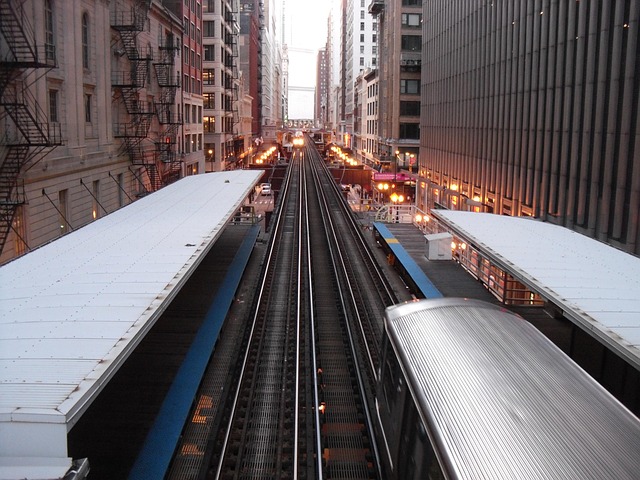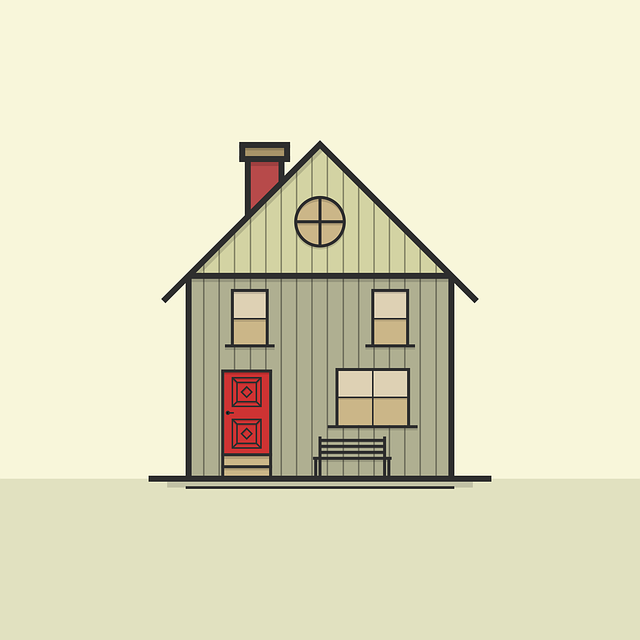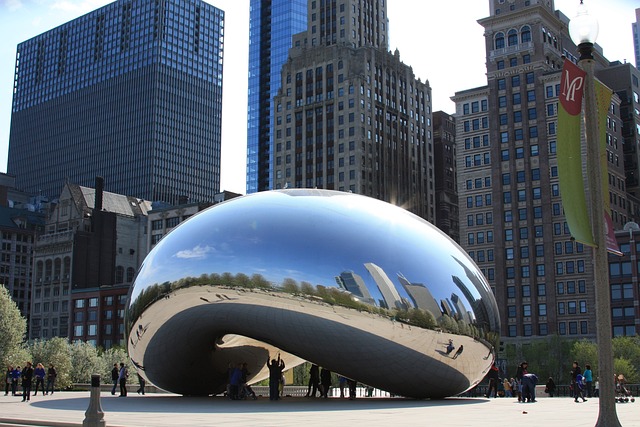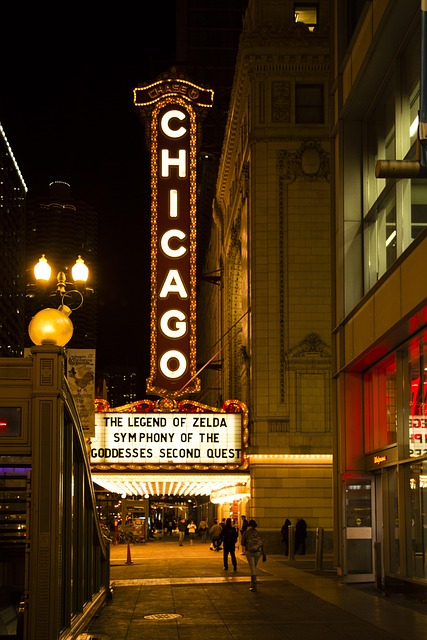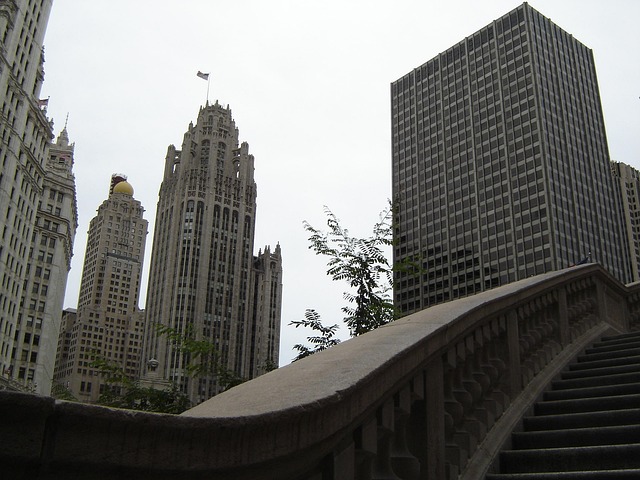Selling a fire-damaged house in Chicago's dynamic market demands strategic planning. Assess damage, decide between repairs or demolition, and engage local contractors familiar with building codes. Keep detailed records of costs and consider a specialized real estate agent for expert guidance to overcome buyer hesitancy and navigate the competitive market successfully.
“Uncovering the Nuances of Chicago’s Real Estate Market: A Comprehensive Guide. Chicago, known for its vibrant architecture and diverse neighborhoods, presents a unique landscape for real estate enthusiasts. This article delves into the driving forces behind the city’s dynamic market, offering insights on recent trends and factors influencing property sales. Additionally, it provides an informative guide for homeowners looking to navigate the specific challenges of selling a fire-damaged house in Chicago, ensuring a smooth transition.”
- Understanding Chicago's Real Estate Landscape: Trends and Factors Affecting Sales
- Navigating the Process of Selling a Fire-Damaged House in Chicago: Tips and Considerations
Understanding Chicago's Real Estate Landscape: Trends and Factors Affecting Sales
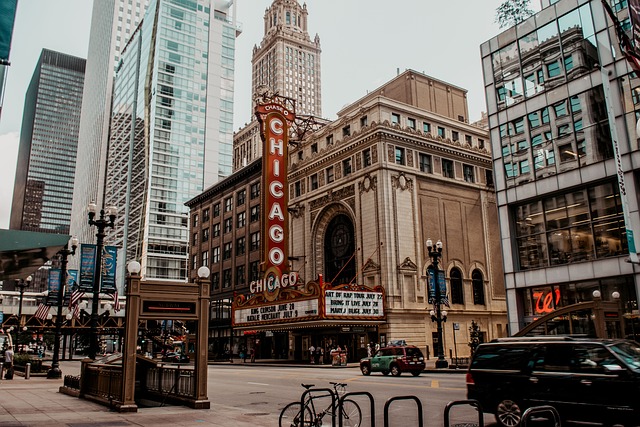
Chicago’s real estate market is a dynamic and diverse landscape, with trends and factors constantly shaping the buying and selling dynamics. Understanding these elements is crucial for anyone looking to navigate the market, especially when considering the unique cases of selling fire-damaged houses in Chicago. The city has seen a surge in demand for housing, driven by its thriving economy and cultural attractions, leading to competitive prices and a fast-paced sales environment.
Several factors influence property values in Chicago. Location is paramount; properties near downtown or along Lake Michigan often command premium prices due to their convenience and scenic views. The condition of homes matters greatly, too, with well-maintained properties typically selling for higher amounts. Recent trends indicate a growing interest in historic renovation projects, reflecting the city’s appreciation for architectural diversity. However, unforeseen circumstances like fires can present challenges, as buyers may be hesitant to invest in fire-damaged houses, requiring sellers to strategize effectively to overcome these obstacles and secure competitive prices.
Navigating the Process of Selling a Fire-Damaged House in Chicago: Tips and Considerations
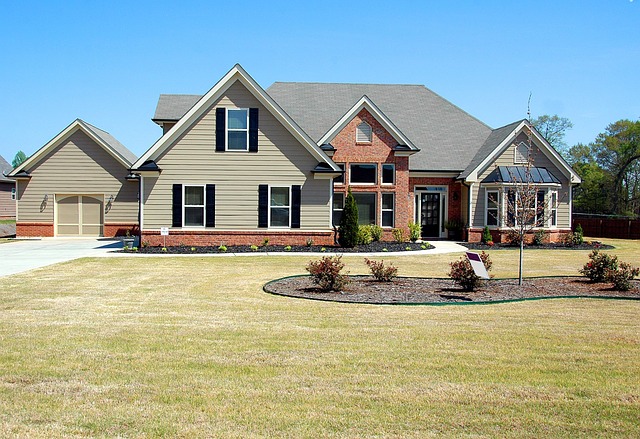
Navigating the process of selling a fire-damaged house in Chicago can be challenging, but with careful planning and consideration, it’s possible to overcome these hurdles. The first step is assessing the extent of damage; consult with professionals who can provide an accurate evaluation. This includes structural engineers and contractors who can assess whether repairs are feasible or if demolition is necessary. Once you have a clear understanding of the scope of work, develop a detailed plan for renovation or reconstruction.
Engage experienced local contractors familiar with Chicago’s building codes and regulations to ensure your property meets all safety standards. Keep extensive records of all costs, including repair estimates, permits, and any other expenses related to the process. These documents will be crucial when it comes to negotiating with potential buyers who may request disclosures or inspections. Additionally, consider working with a real estate agent specializing in selling fire-damaged properties for guidance throughout the unique sales journey.
The Chicago real estate market, characterized by its diverse neighborhoods and robust trends, presents unique challenges and opportunities. For those looking to navigate the sale of a fire-damaged property in Chicago, understanding the local landscape is key. By familiarizing themselves with the factors influencing sales and implementing strategic tips, selling a fire-damaged house in Chicago can become a manageable process. Remember, addressing potential buyers’ concerns openly and honestly will be crucial for a successful transaction.
